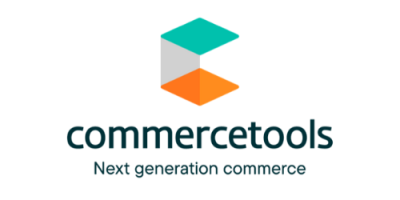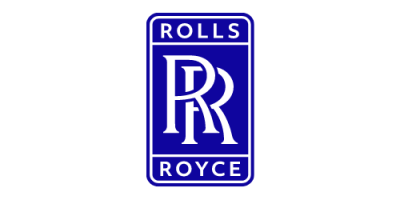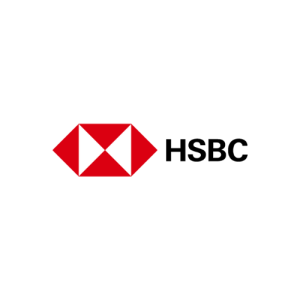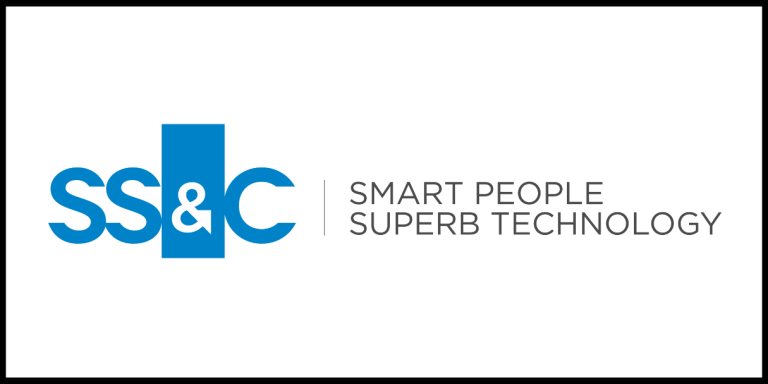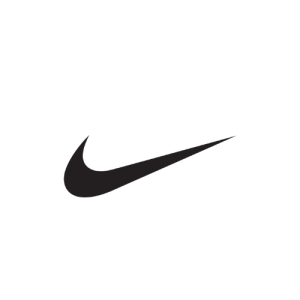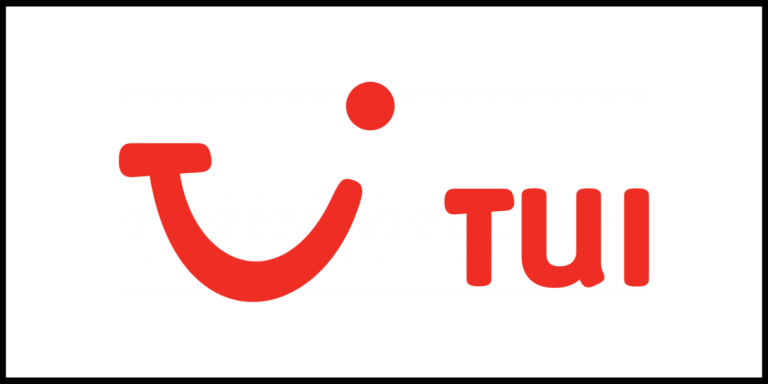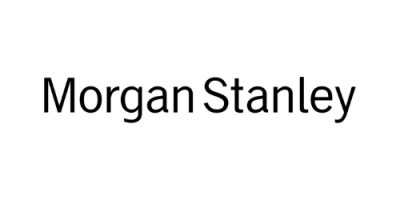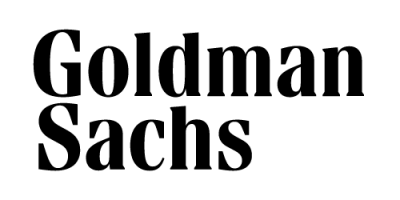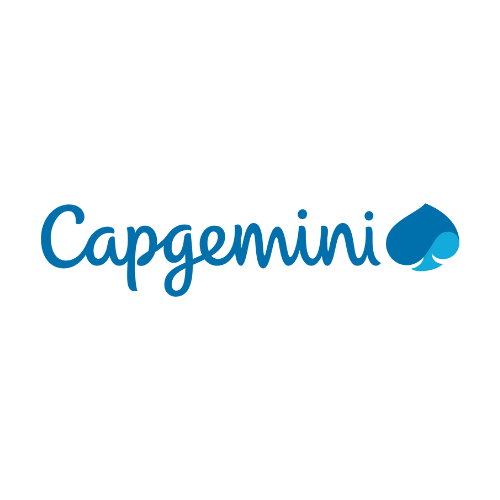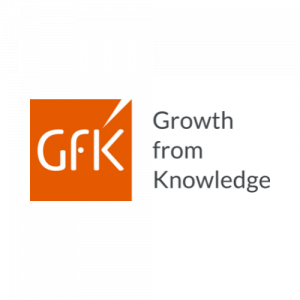HOW I GOT INTO CYBER SECURITY FROM THE CFGDEGREE
Home » How I got into Cyber Security following the CFGdegree
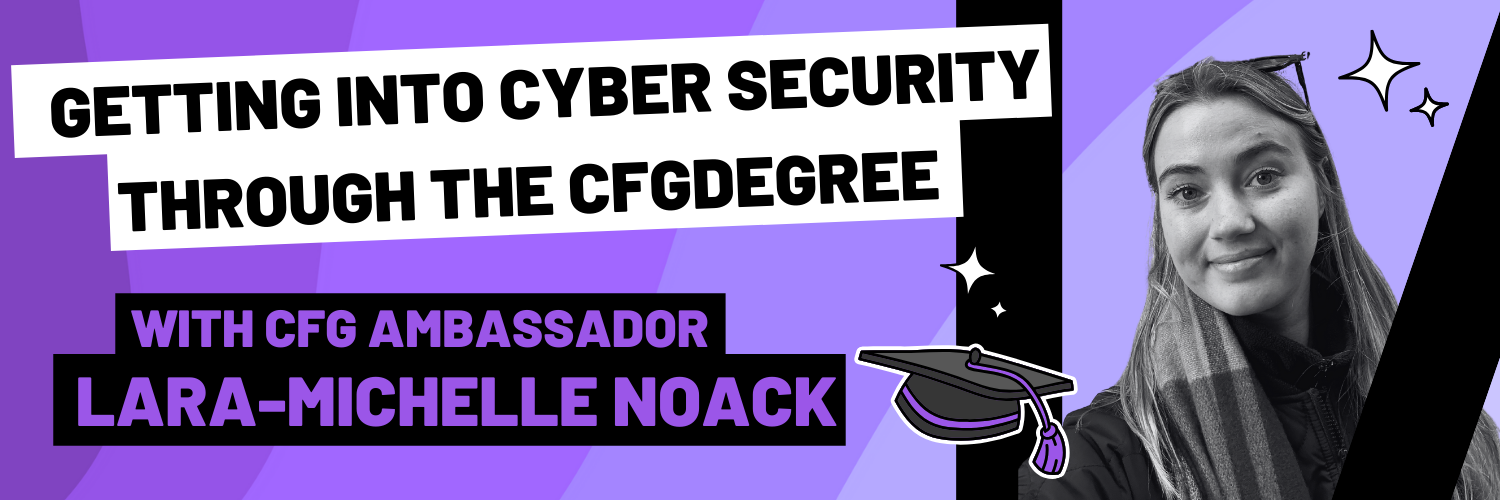
LOOKING TO EXPLORE A CAREER IN CYBER SECURITY? CFG AMBASSADOR, LARA SHARES HER STORY OF HOW SHE STARTED HER CAREER AFTER THE CFGDEGREE
Code First Girls Ambassador, Lara-Michelle Noack gives us the rundown on how to get into cyber security, how she started by taking a CFG Coding Kickstarter Class and then progressing onto the CFGdegree. She shares a typical day in the life of a Cyber Security Engineer, the biggest challenges of the role, common misconceptions about working in cyber security and why you may be closer to a career in cyber security than you may think!
To learn more about Lara’s journey and get all of her latest tips, follow her on Instagram.
THE HOT SIX QUICK FIRE QUESTIONS!
What is your favourite coding language?
Python
What is your choice of beverage whilst coding?
Oat cappuccino!
What is your favourite way to destress after a long day of coding?
Reading a good book or catching up with friends
What is your comfort food?
Sushi
What is your favourite season?
Autumn 🍂
What do you listen to whilst you code?
A mix of Taylor Swift, Sabrina Carpenter and Olivia Rodrigo on Apple Music
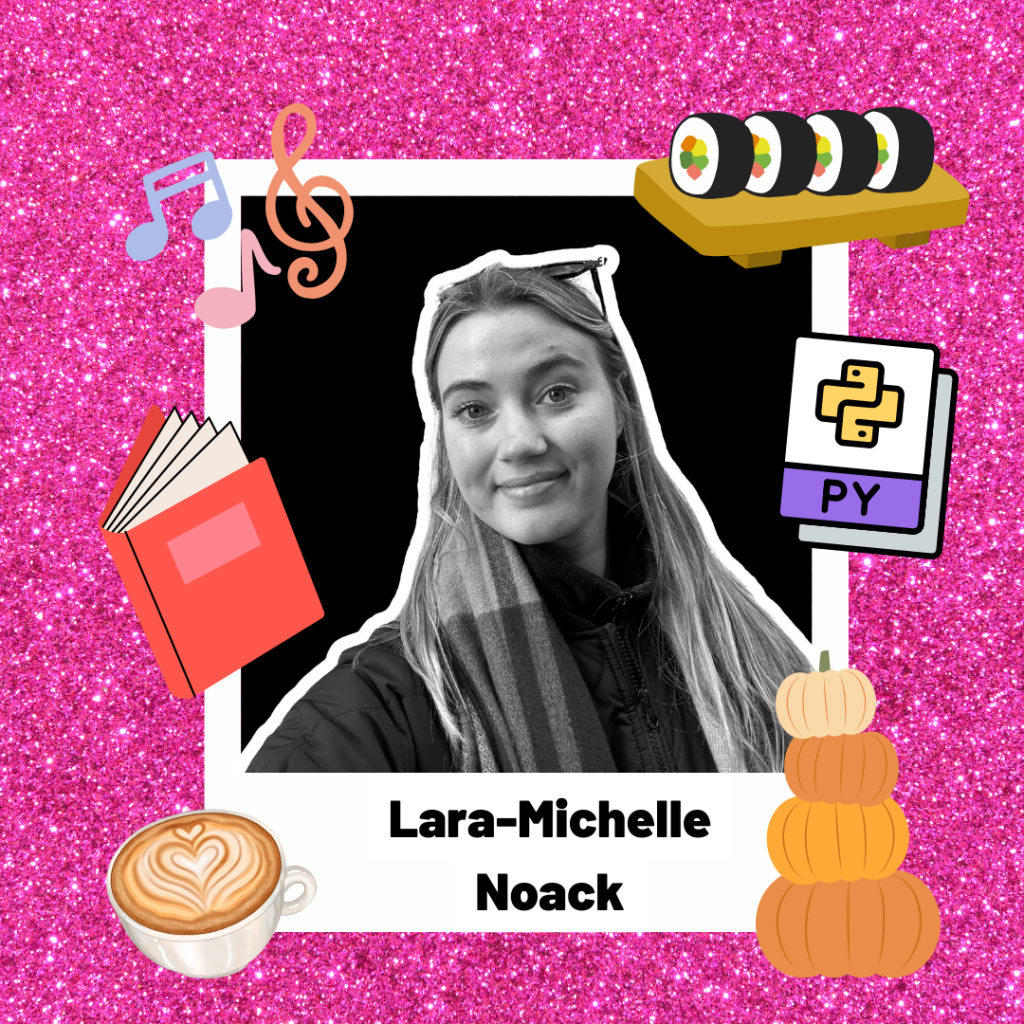
Hi Lara! Could you tell us a bit about yourself, what you do for work, your journey into tech, and why you wanted to be a CFG Ambassador?
Heya! I’m working as a Cyber Security Engineer at Capital One. I studied Psychology with Criminology at NTU but knew very early that I wanted to transition into tech, so I started doing the Kickstarter courses with CFG in the first year through the third year. I then was able to do the CFGDegree the summer after graduating, which was sponsored by CapitalOne and got started in the Software Engineering stream.
I chose to pursue a career in cyber security because I enjoyed the criminology part of my degree a lot, so cyber security allowed me to combine my passion for technology with my love for criminology.
I enjoyed the criminology part of my degree a lot, so cyber security allowed me to combine my passion for technology with my love for criminology.
How did the CFGdegree support you in your current role?
I completed the Software Engineering CFGdegree, which included Object-oriented programming, Debugging, APIs and other programming fundamentals that are useful in my role. The great thing about the CFGdegree is that it helps you learn and understand what the Agile methodology entails. A lot of tech or cyber companies will use it and if you know what it entails it will get you one step ahead. The course also includes a project which taught me how to work on a technical project from start to finish while working in a group which has also been immensely helpful in my current role.
Could you share any cross-overs/transferable skills between your psychology and criminology degree and your cyber security role?
Working in Cybersecurity is all about being part of a team and collaborating. Luckily this was also important while studying Psychology with Criminology. During my degree, we had loads of group presentations and reports that required working with others. This helped me develop the collaboration and communication skills required in Cyber Security. Additionally, we had statistics modules which were all about data analyses, allowing me to expand on problem-solving skills and attention to detail, which helps with the programming side of my job. Furthermore, as part of my degree, I had Criminology modules which included knowing different criminological theories, giving me an advantage when it comes to having a criminological mindset.
During my degree we had loads of group presentations and report that required working with others. This helped me develop the collaboration and communication skills required in Cyber Security.
What are some of the most exciting or rewarding aspects of your job?
I think the best part of my job is the people I get to work with! I work with a bunch of brilliant people in a very diverse team. Learning from each and every one is amazing. I also love the problem-solving aspect of my job. Finding solutions to problems that make the company a safer place feels super rewarding.
Could you give a rough day-to-day of a cybersecurity engineer? Some examples of projects would be great too!
I work in a Cyber Engineering team so our day-to-day is very similar to the tech team schedule! We start with a stand up to update what we did the day before and what we are planning of doing during the current day. Then normally we have more meetings, e.g. planning what we are going to do for the next couple of weeks. I work in a great team so the rest of the day will be mostly spent on peer programming or collaboration on other work that needs doing!
What are the most challenging parts of working in cybersecurity?
I think one of the most challenging parts is that the industry is changing constantly. One way of dealing with this challenge is listening to podcasts. My commute to work is about an hour so I try to squeeze one Podcast in while commuting. Another challenge is that it is very easy to get overwhelmed by the amount of stuff happening all the time. I started running to make sure I got some downtime and prioritised my mental health!
I think one of the most challenging parts is that the industry is changing constantly. One way of dealing with this challenge is listening to podcasts.
What would you say are some of the common misconceptions people have about working in cybersecurity?
I think a misconception is that you have to be super technical! This is true for Engineering roles but there are a lot of roles that are not technical and rely on your people or other skills more! Of course, it’s great to know the basics and have a general understanding of the industry but not every role involves programming.
Is there anything else you would like to share about your experiences or thoughts on being a woman working in cybersecurity?
I think we need to highlight that you can be successful in Cyber Security no matter your background! I work with people who have degrees or work experience in a range of different industries, and everyone brings a new perspective or skill set to the team
The best way of showcasing this (for example in your CV) would be to find the soft skills mentioned in the job description and list them under your relevant experience. Also, make sure you have a practical example prepared for when they ask you about those soft skills in your interview! Everyone can mention that they know how to communicate but you can really prove that you have the skill by talking about a scenario where you had to use the skill.
Thank you to Lara for sharing her incredible story and advice! Click here for more details on a career in cyber security, including salaries and job titles.
Want to follow the same path as Lara and get started on your cyber security career? Check out CFG Tech Tasters and Coding Kickstarter Classes!


